Rainproof Your Property With These 8 Tips
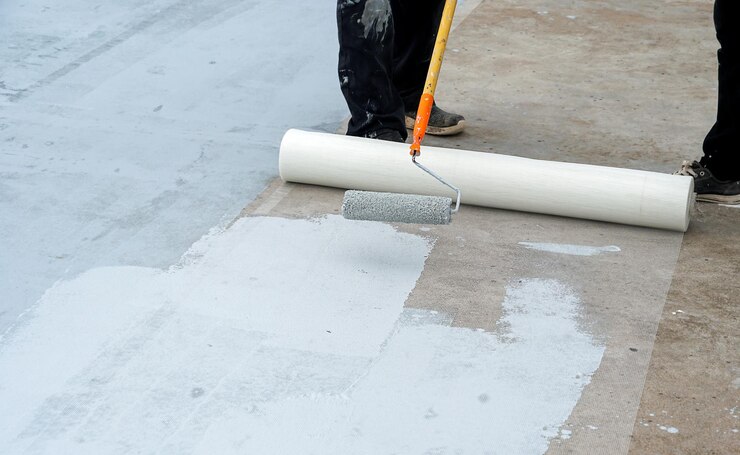
One ideal way to protect your property from water damage when it rains is by rainproofing. Heavy downpours in the rainy season could significantly damage your siding, foundation, doors, or flooring. If you still haven’t sealed existing cracks, you won’t be happy when the rains start, especially if you live in areas prone to severe flooding.
Remember, water damage can cause severe defects to your home. They result in expensive repair costs. Additionally, the damage can reduce the face value of your home when you want to sell it. It can also harbor some diseases that may affect the whole family.
To this end, maintaining your property by rainproofing is essential. Below are eight tips to rainproof your property for the rainy season.
Install Gutters
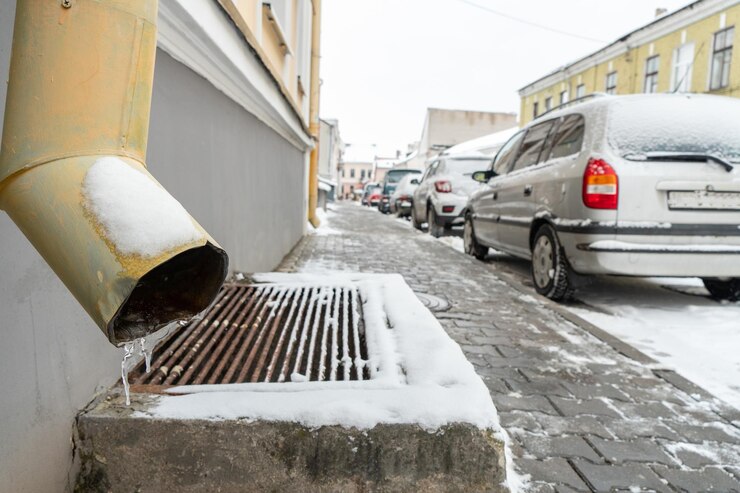
During heavy downpours, it’s essential to direct runoff from your house’s foundation and walls. Gutters effectively collect roof runoff water and channel it away from your house’s foundation into storage tanks or drain fields.
They should be designed carefully, considering the roof’s size and slope. An undersized gutter will frequently overflow, beating the purpose it was installed for. On the other hand, an oversized gutter system is harder to clean and can cause sedimentation and rot. Enlist professional help for an optimum design.
An essential component of the gutter system is the railhead. It’s a container that connects the gutter to the downpipe, preventing rainy season backups. When there’s overflow, rainwater washes down your siding and could damage your walls. Therefore, you must install a rain head with adequate capacity to match your gutter system. Rain heads are available in several sizes and shapes, making them easy to use, depending on your gutter system. Common shapes include tapered, box, curved, segmented, and round.
Remember to hire professional plumbers to advise you on what gutter system works best for your home. If they’re not installed properly, they won’t function efficiently. Thus, they won’t serve their purpose, and your house will still be prone to water damage.
Seal Your Door And Windows
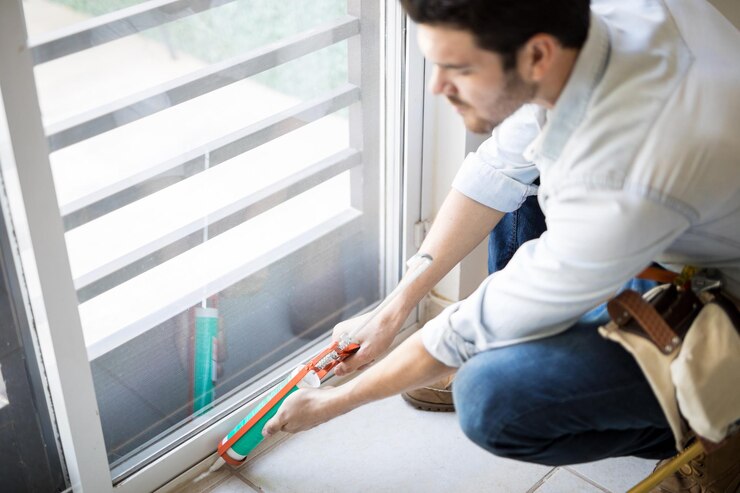
It’s common for doors and windows to bulge or swells during the rainy season as a result of exposure to the moisture content in the air. Once they bulge, it becomes difficult to lock the rooms, and you might have to deal with wetness in your house. However, you can prevent swelling by coating your wooden doors. Seal them by applying a non-porous substance on the surface to prevent water penetration.
You’ll also need to work on the windows to ensure they’re correctly shut. Since they’re also exposed to moisture, it’d be best to prevent water damage by applying water-resistant paint on your metal frames and hinges. You can also ensure the hinges are well fixed to prevent water seepage into the house.
Given that weather affects the sealing materials on your windows and door frames, it’s best to check them regularly, especially before the rainy season starts. If they’re worn out, replace them. You can ask a professional to assist in this process.
Use Waterproof Paint On Your Walls

During the rainy season, your walls are prone to mildew and mold. Rainwater can seep into walls and could leave large watermarks on your walls, harboring mold and mildew. Luckily, waterproof paint can reduce the impact of rainwater on walls.
Remember, some of your appliances could be attached to the walls. If the walls get wet, they could ruin them by encouraging mold growth. Also, your electrical wiring might come into contact with the wetness and result in electric shocks. To avoid such damages, ensure you use waterproof paint on your walls.
However, if the water ingress problem is significant, paint alone may not work. You may need to fix a damp-proof membrane beneath the plaster. It’s a technical undertaking, given you’ll have to pull down the render and redo it later; thus, it’s best left to expert builders.
Invest In Tarpaulin Supplies
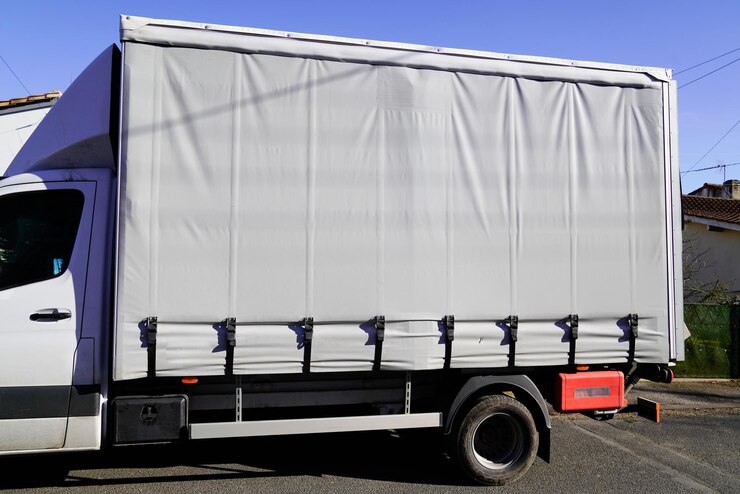
Tarpaulin material is water resistant. You can use sheets in your attic to prevent water penetration through the roof. This is best for old roofs that could have succumbed to wear and tear. The holes could be disastrous if the rain prolongs. Without a water-tight roof, your property could be affected by water damage.
Alternatively, you can use tarpaulin supplies to cover your outdoor furniture. If there are window cracks, you can seal them using the material. It works perfectly since it’s water-resistant.
Remove Rugs And Carpets
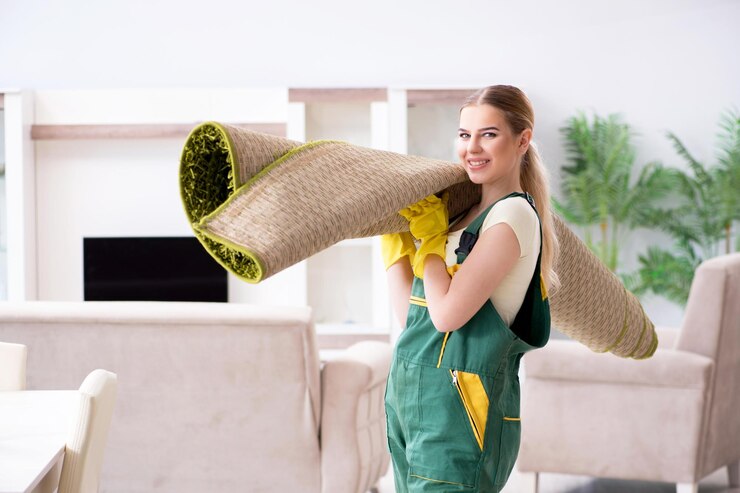
People will likely come into the house during the rainy season with their clothes dripping. They’ll make the rugs and carpets wet, creating a damp atmosphere. The situation gets even worse with wooden floors. Damp floors promote the growth of microbes, which may cause diseases. To avoid such problems, roll your carpets and rugs away during the rainy season.
Protect Wooden Floors And Furnishing

Exposing your wooden furniture to the rain can damage them. Dampness could ruin your furniture and furnishings as well. During the rainy season, you can rearrange the house and move furniture away from the doors and windows.
For your wooden floor, you should coat it with waterproof polish to reduce the effects of water on it. Replacing your floor every rainy season can be costly. As such, you can use waterproof polish and avoid water damage in your house.
Check Your Wiring and Switchboards
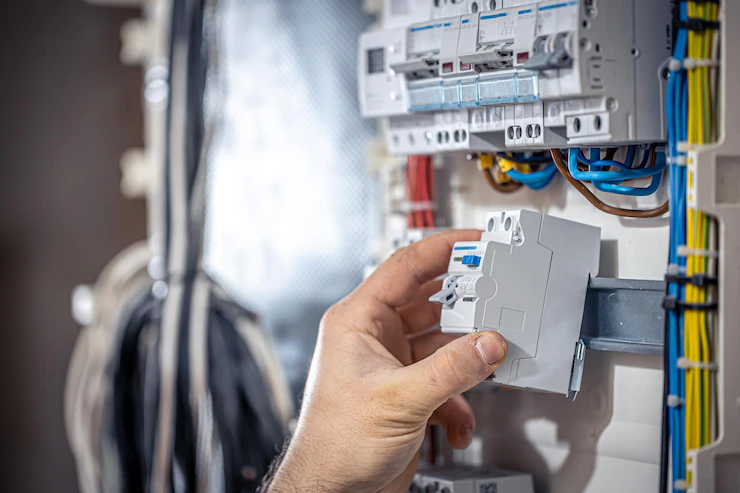
Once your electrical wiring comes into contact with water, there’s a high chance of electrical shocks. You should identify how the moisture is getting to your wiring and have it fixed. Alternatively, buy silica gel pockets and place them around your devices. They absorb water and can significantly reduce the chances of electricity hazards during the rainy season.
Clean Your Drainage System
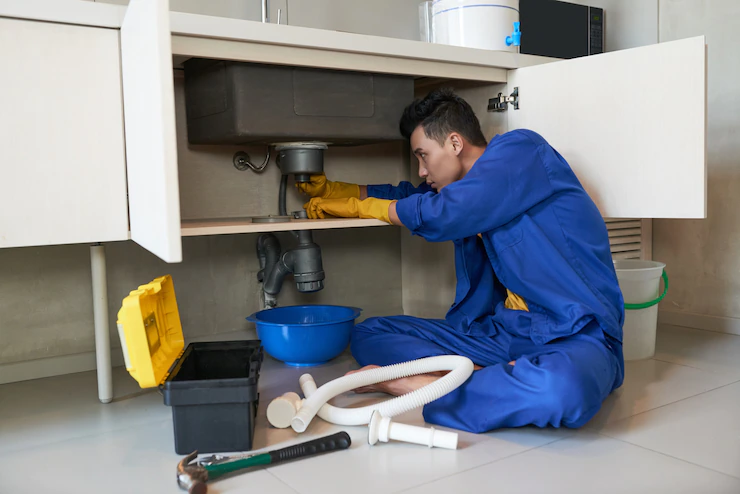
Clogged drains are a significant factor that results in leaks and backwash. The last thing you want to deal with during the rainy season is drainage problems. Thus, ensure you clean your drain to reduce the chances of blockage.
If you have a trench drain system on your property, clean it thoroughly to ready it to drain runoff from heavy rain downpours. A well-maintained drainage system efficiently directs water from your property, saving it from damage.
Conclusion
Rainproofing your property before the rainy season is an excellent strategy to avoid water damage. You can ask your plumber to inspect your drainage systems thoroughly to ascertain they’re working correctly. Also, they can identify potential points of water ingress into your house and advise appropriate preventive measures. With all these tips in check, you’ll have no worries over the rainy season.
Additional:


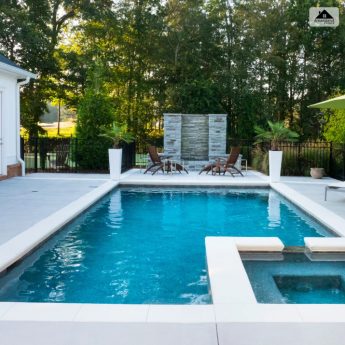

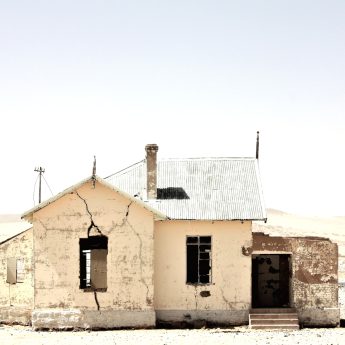



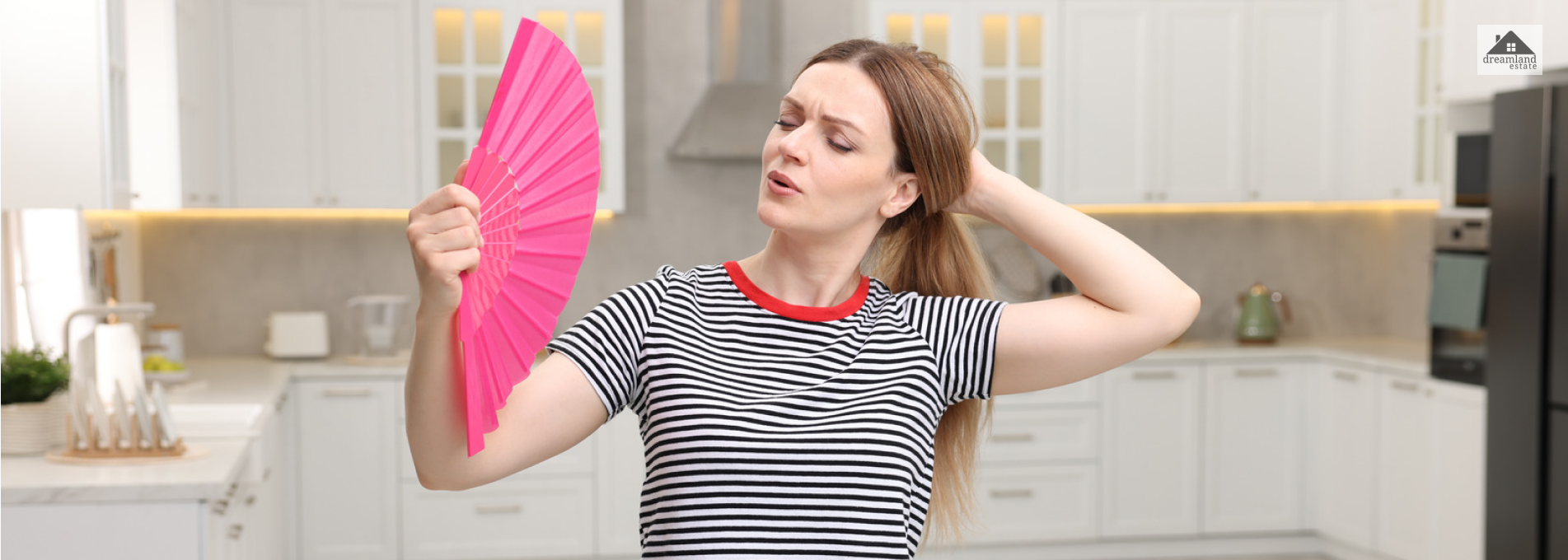

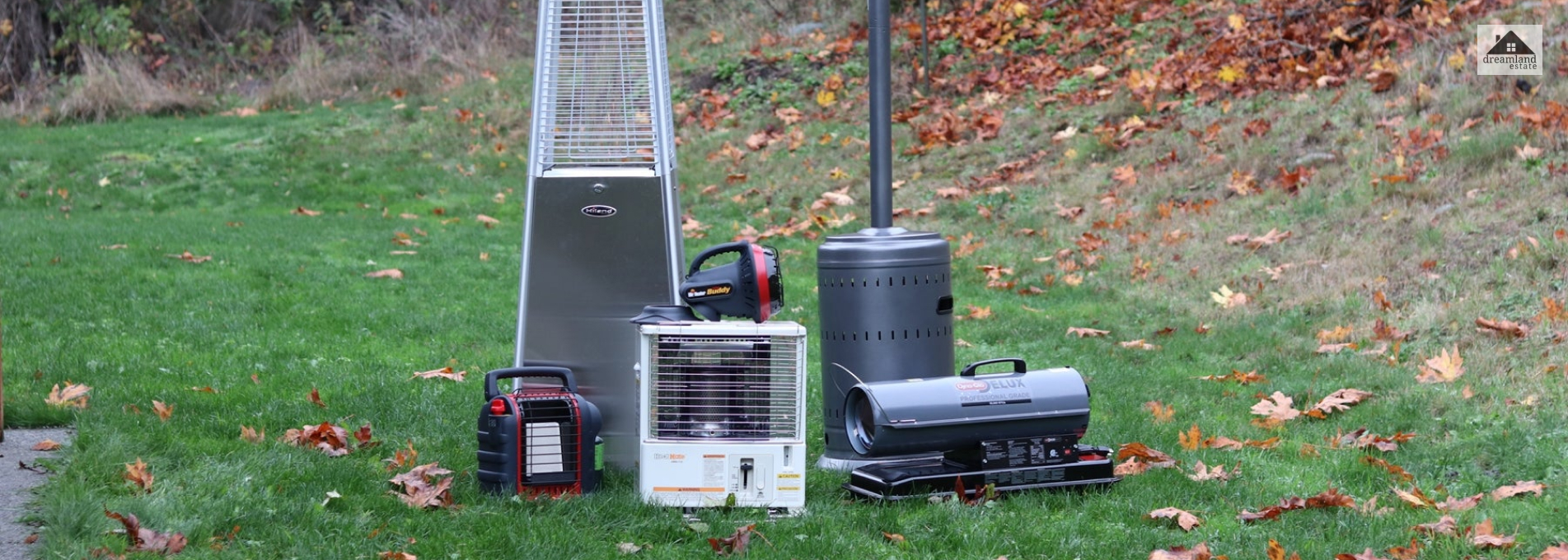
Leave A Reply